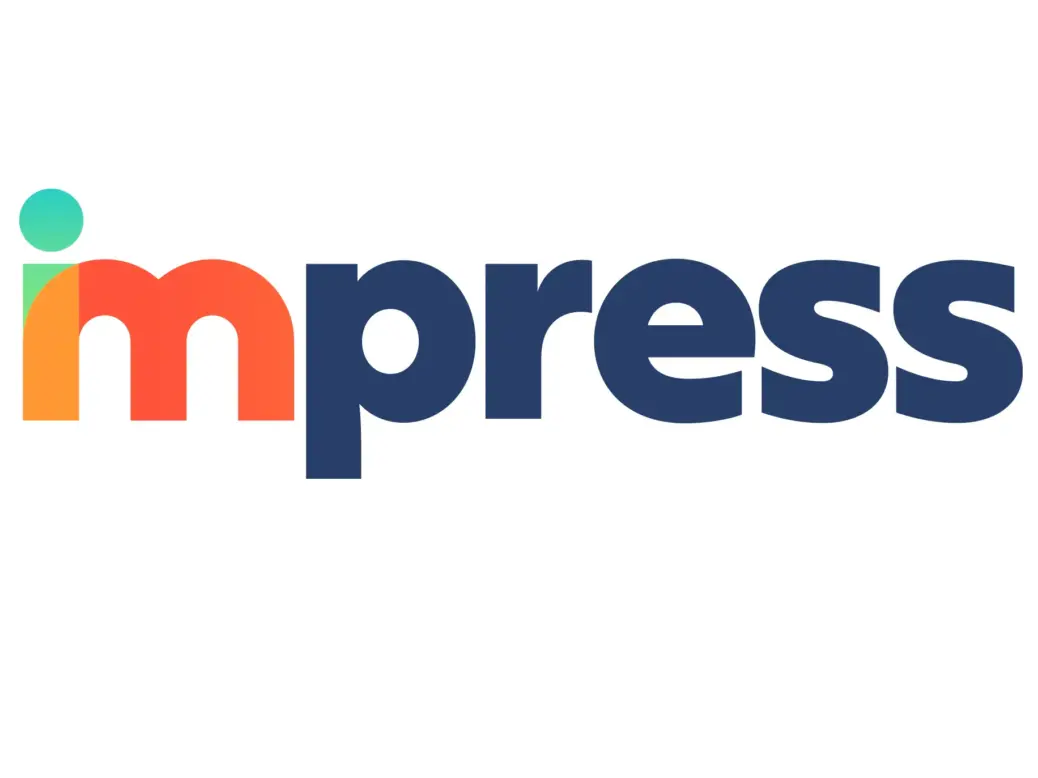
Press regulator Impress has been forced to correct a statement about its funding sources made in its latest accounts filed to Companies House.
Impress has apologised for “any confusion caused” by suggesting it had a funding agreement with the Arts and Humanities Research Council in the year to 31 March.
Impress is the only Leveson-compliant press regulator backed by Royal Charter but mainly regulates smaller new media outlets.
It is primarily financially supported by the Independent Press Regulation Trust (IPRT), which itself is mainly funded by the Alexander Mosley Charitable Trust set up by press critic and former F1 boss Max Mosley in memory of his eldest son.
The error was made in the regulator’s financial statement for the year to 31 March 2023, filed with Companies House on 7 November.
The paragraph in question stated: “Impress secured funding from the Arts and Humanities Research Council – UKRI – with the University of Leeds and University of Derby to deliver a national research programme including a survey of 3044 members of the public and follow up focus groups. We produced a National Literacy report based on the findings of the research which was launched at a public event with [the] researchers. Impress received national trade press coverage and a significant uptick in website and social media traffic.”
A month after the filing, Impress issued a correction admitting an “error was made”.
Impress did not directly receive funding for its involvement in the research programme. Instead it provided “in-kind support” and £5,000 towards the cost of the survey.
The funding bodies that contributed to the study were the University of Leeds’s ESRC Impact Acceleration Account and the University of Derby’s SURE Impact Accelerator Fund.
Impress said: “We are also aware this statement may have created the impression that Impress entered into a funding agreement with AHRC or received funding from any other external bodies. We would like to clarify that this is not the case, and apologise for any confusion caused.
“Impress now is working with its external auditor Sayer Vincent to correct the record.”
The accounts on Companies House also directly refer to the Arts and Humanities Research Council as a “funder” and stakeholder of the regulator.
The researchers on the study, Professor Julie Firmstone of the University of Leeds and Professor John Steel of the University of Derby, added: “The purpose of the project was to consult and engage the public in debates about standards and ethics in journalism.
“Impress’s contribution to the project as an external partner enabled us to ensure that our research included questions of relevance to a diverse range of news publishers and news audiences, and we valued their input.”
Impress accounts: IPRT remains main funder
Impress said in its accounts it “remain[s] grateful for the support” of its main grant funder the IPRT “which has enabled us to invest in our ongoing development”. Impress reports bi-annually to the IPRT.
Impress, which employs ten people including two directors, reported income – almost entirely through grants – of £1.14m in the year to 31 March, up from £964,267 in the year before.
It made a loss for the year of £49,447, compared to a surplus of £40,384 in the year to March 2022.
Impress was set up in 2016 and now has more than 120 publishers with over 200 publications signed up as members – mostly smaller, independent titles.
The Independent Press Standards Organisation (IPSO), which is not Royal Charter recognised as many major publishers thought it would put them too close to the state, has most of the UK’s national newspaper and large magazine publishers signed up to be regulated.
A small number of major publishers are regulated by neither organisation, with The Guardian, Financial Times, Independent and Evening Standard all choosing to self-regulate.
Email pged@pressgazette.co.uk to point out mistakes, provide story tips or send in a letter for publication on our "Letters Page" blog
